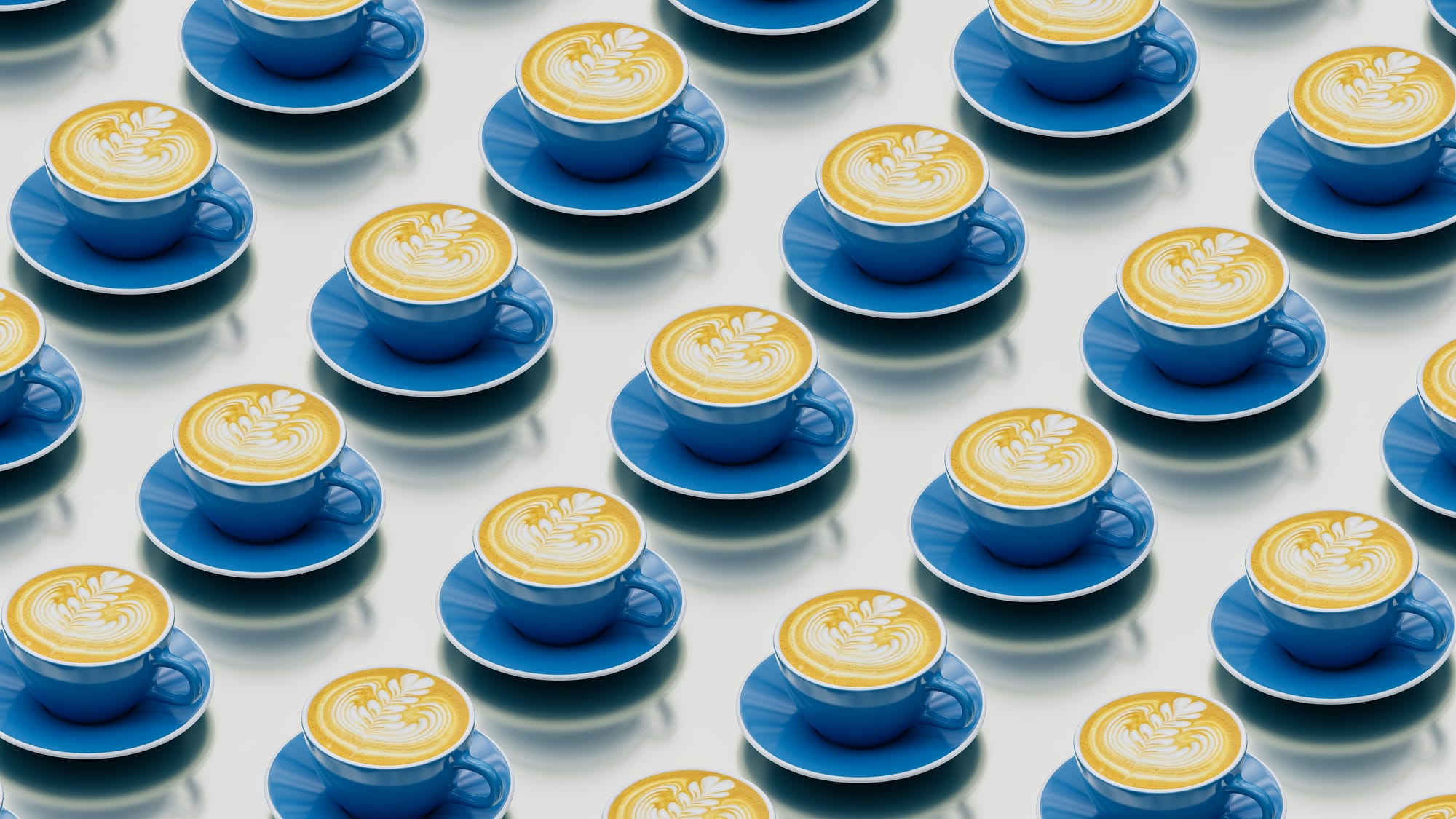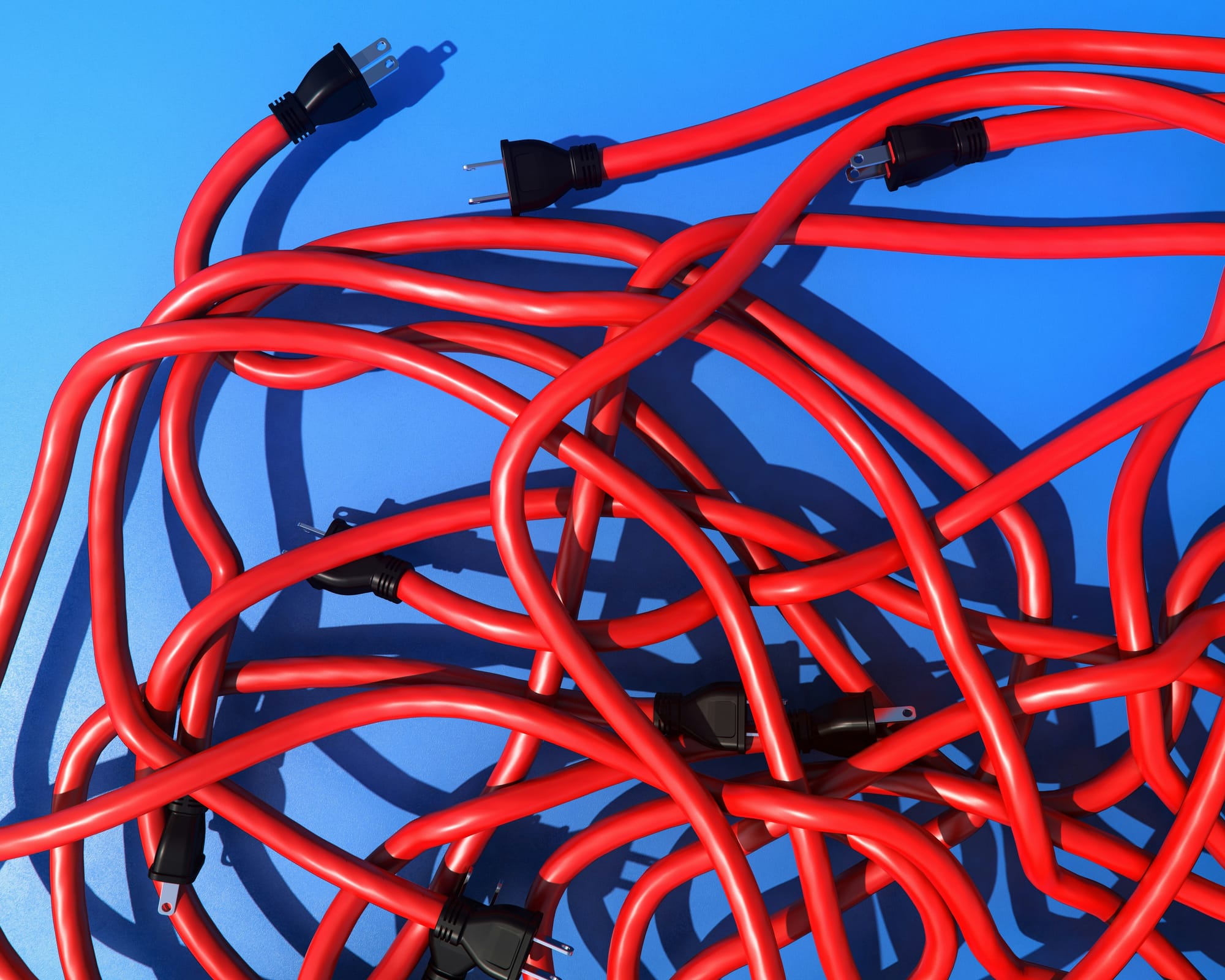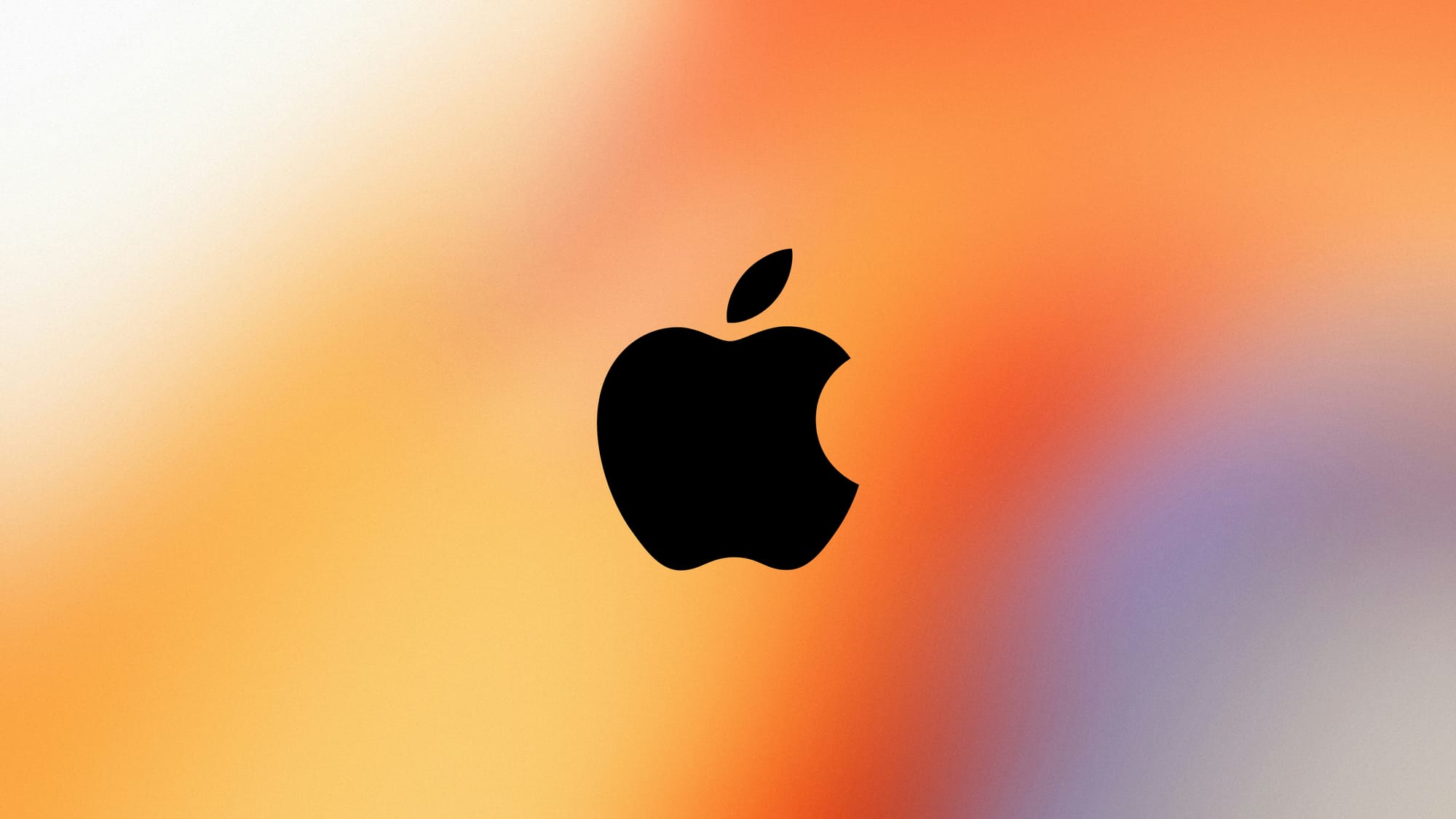The alarm rings, and you stumble to the kitchen for your daily ritual—coffee, toast, maybe some fresh berries. But this familiar morning routine is about to cost more, thanks to a wave of new tariffs that are targeting everything from Brazilian coffee beans to Canadian maple syrup.
The Breakfast Tax Revolution
President Trump's latest tariff policies, which took effect August 1st, represent the highest trade taxes in nearly a century. The Yale Budget Lab estimates these measures will cost the average American family about $2,400 this year—and your breakfast table is ground zero for this economic shift.
"Your morning staples are caught in the crossfire of global trade politics," explains the latest analysis from Axios. The numbers tell a sobering story: Brazilian coffee now faces a 50% tariff, up from 10%. Even Swiss chocolate from companies like Nestlé is hit with a 39% tariff, affecting everything from Nespresso capsules to your morning cocoa.
Francisco Martin-Rayo, CEO of Helios AI, warns that even a modest 10% tariff on Brazilian coffee could raise U.S. retail prices 6-8% within 90 days. Given that Brazil supplies approximately 30% of America's coffee market, this impact will be felt in coffee shops and kitchen pantries nationwide.
Beyond the Bean: A Breakfast Under Siege
The tariff storm extends far beyond your morning brew. Fresh produce from Mexico and Canada—America's two biggest agricultural trade partners—faces significant price increases. Mexico supplies 77% of imported fresh vegetables to the U.S., while Canada provides 11%.
Your weekend pancake stack isn't safe either. Canadian maple syrup faces new levies, along with popular breakfast additions like avocados and berries. Target CEO Brian Cornell recently told CNBC that his company will likely pass these increased costs directly to consumers, especially for imported fruits and vegetables during winter months.
The ripple effects reach even your breakfast preparation tools. The majority of America's toasters, coffee makers, and kitchen pans come from China, which currently faces a 145% tariff. Local business owner Doug Miller, who runs FK Your Diet breakfast restaurants in Florida, has already seen costs rise for to-go containers, utensils, and equipment due to the 10% tariff on all imports.
The Economics of Your Morning Meal
What makes breakfast tariffs particularly painful is the lack of domestic alternatives for many items. As the Tax Foundation notes, "the US has a limited ability to produce bananas" due to climate constraints. When you can't easily substitute domestic production, tariffs simply become a direct tax on consumers.
Professor Alex Durante from the Tax Foundation warns, "If the administration stands by the August 1 deadline, we might witness significant price fluctuations in the coming months". Unlike manufactured goods where companies can switch suppliers, many breakfast staples have no American equivalent—making price increases almost inevitable.
Joseph Stiglitz, Nobel Prize-winning economist at Columbia University, emphasizes that "virtually all economists think that the impact of the tariffs will be very bad for America" and will be "almost surely inflationary".
Silver Linings on Your Plate
Not everything in your breakfast routine faces higher costs. America's grain-producing strength means toast, pancakes, and waffles should remain relatively affordable. Bacon and sausage may actually benefit if trade tensions reduce pork exports to China, creating larger domestic supplies.
Circana's recent analysis suggests that tariff impacts on grocery prices have been "muted so far" in 2025, with inflation driven more by supply constraints than trade policies. This provides some hope that the breakfast price shock may be less severe than initially projected.
Adapting to the New Breakfast Reality
As Americans navigate this "period of transition"—Trump's term for the economic uncertainty his tariffs create—breakfast habits may fundamentally shift. The defining characteristic of American breakfast has always been its affordability. Diners proliferated near factories because working-class people could fill up after overnight shifts without budgeting concerns.
Today's consumers might increasingly turn to domestic alternatives: oatmeal instead of imported granola, local dairy over international cheese, and American-grown foods that aren't subject to import taxes. Greek yogurt, cereal, and other breakfast staples produced domestically could see increased demand.
The Bottom Line
The breakfast tariff story reflects a broader economic reality: trade wars have winners and losers, but consumers often bear the immediate costs. As Doug Miller from FK Your Diet restaurants puts it, "I used to pay a nickel. Now I pay a dime, and that affects my business".
Your morning routine is becoming a case study in global economics—where every sip of Brazilian coffee and drizzle of Canadian maple syrup carries the weight of international trade policy. The question isn't whether breakfast will cost more, but how much more, and whether American consumers will adapt their morning rituals to this new economic reality.
The next time your alarm goes off, remember: your breakfast isn't just fuel for the day—it's become an unwitting participant in America's latest trade experiment.














Discussion